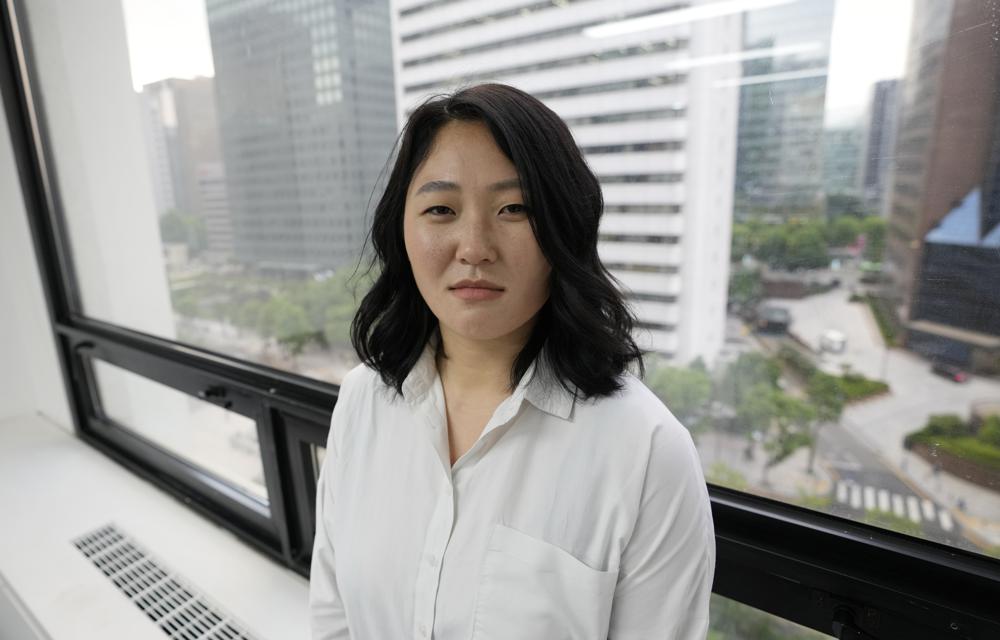

Bringing her camera to a home for unwed mothers on South Korea’s Jeju island, Sun Hee Engelstoft anticipated an empowering story about young women keeping their babies.
Instead, she ended up with a raw and unsettling documentary about how a deeply conservative sexual culture, loose birth registration laws and a largely privatized adoption system continue to pressure and shame single mothers into relinquishing their children for adoption.
The shock and grief of mother-child separations and intense fear of social stigma captured in “Forget Me Not” offer insight into what’s preventing thousands of Korean adoptees from reconnecting with their silenced birth mothers, decades after they were flown to the West.
Adoptees, including Engelstoft, have also blamed these disconnections on limited access to records, falsified documents that hide their true origins and a lack of accountability shown by adoption agencies and South Korea’s government.
“Every time I started following a woman (at the home), they strongly told me that they wanted to keep their child, and that’s just not what happened,” Engelstoft said in a recent interview with The Associated Press. “I was completely horrified at the result.”